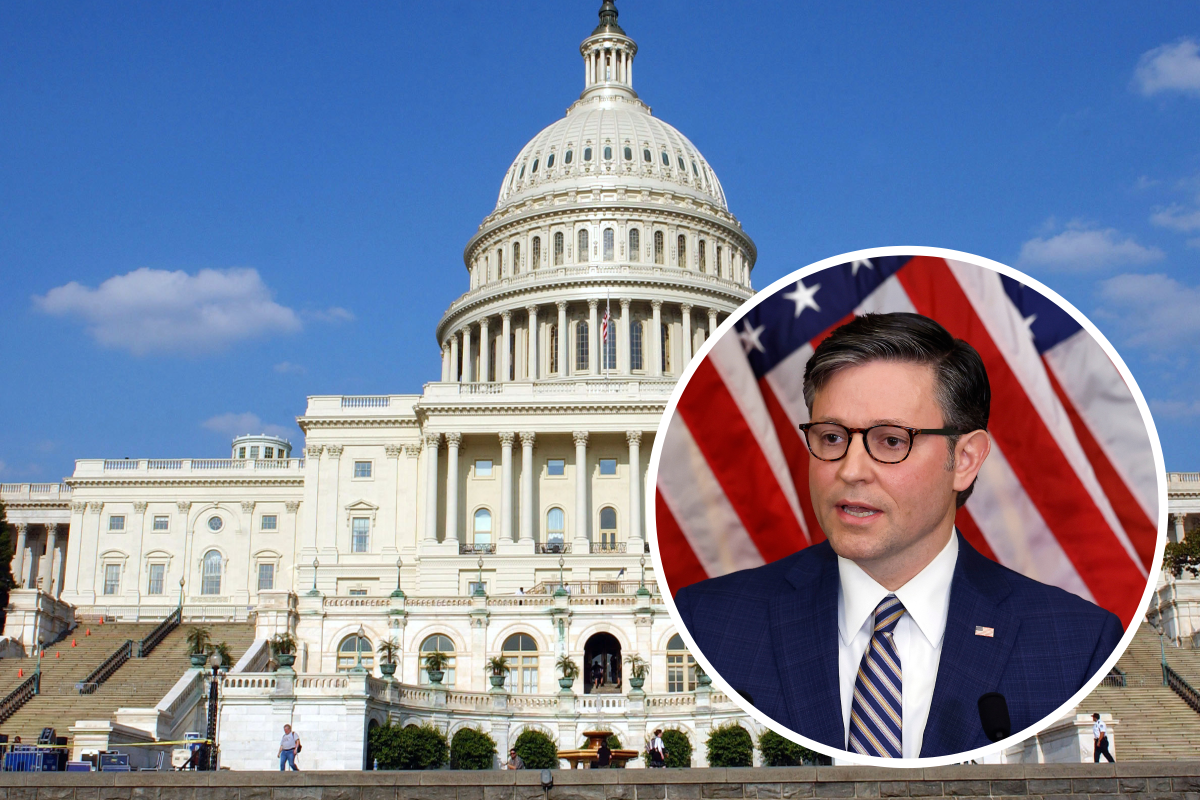Yolande Knell

Even as war rages on in Gaza, causing huge loss of life, a recent survey suggests there is wide support among Palestinians for Hamas's deadly attacks on Israel which triggered it. Meanwhile, most Israelis are not focused on the killing of Palestinian civilians and back their country's military offensive to crush Hamas and bring home hostages, polls suggest.
Three months into the deadliest round of fighting in the decades-old conflict here, I have been asking Israelis and Palestinians in Jerusalem for their views.
Serving frothy coffees in the winter sunshine, the cafeterias in the west of the city are bustling. But for Israelis, the war raging in Gaza is a constant worry.
"It's always on our mind, we have many friends with children and relatives who are [soldiers] there in Gaza, and we pray for them a lot," says Edna, a religious Jewish woman from Bnei Brak.
"Just yesterday we visited the son of a friend who was very injured. They don't know if he will lose both his legs. By God's will, he won't," she says.
"And we keep on thinking about the hostages. It's like a piece of us is in there."

The families of those who were kidnapped by Hamas have been calling for the release of all the hostages
The attacks of the 7th of October killed some 1,200 people in southern Israel. More than 100 of the 240 hostages who were snatched and taken to Gaza remain in captivity.
Meanwhile, Israel's air and ground assaults in the Palestinian territory have killed about 23,000 people, the Hamas-run health ministry in Gaza says. The vast majority of Gaza's 2.3 million residents have been forced to flee their homes amid widespread destruction.



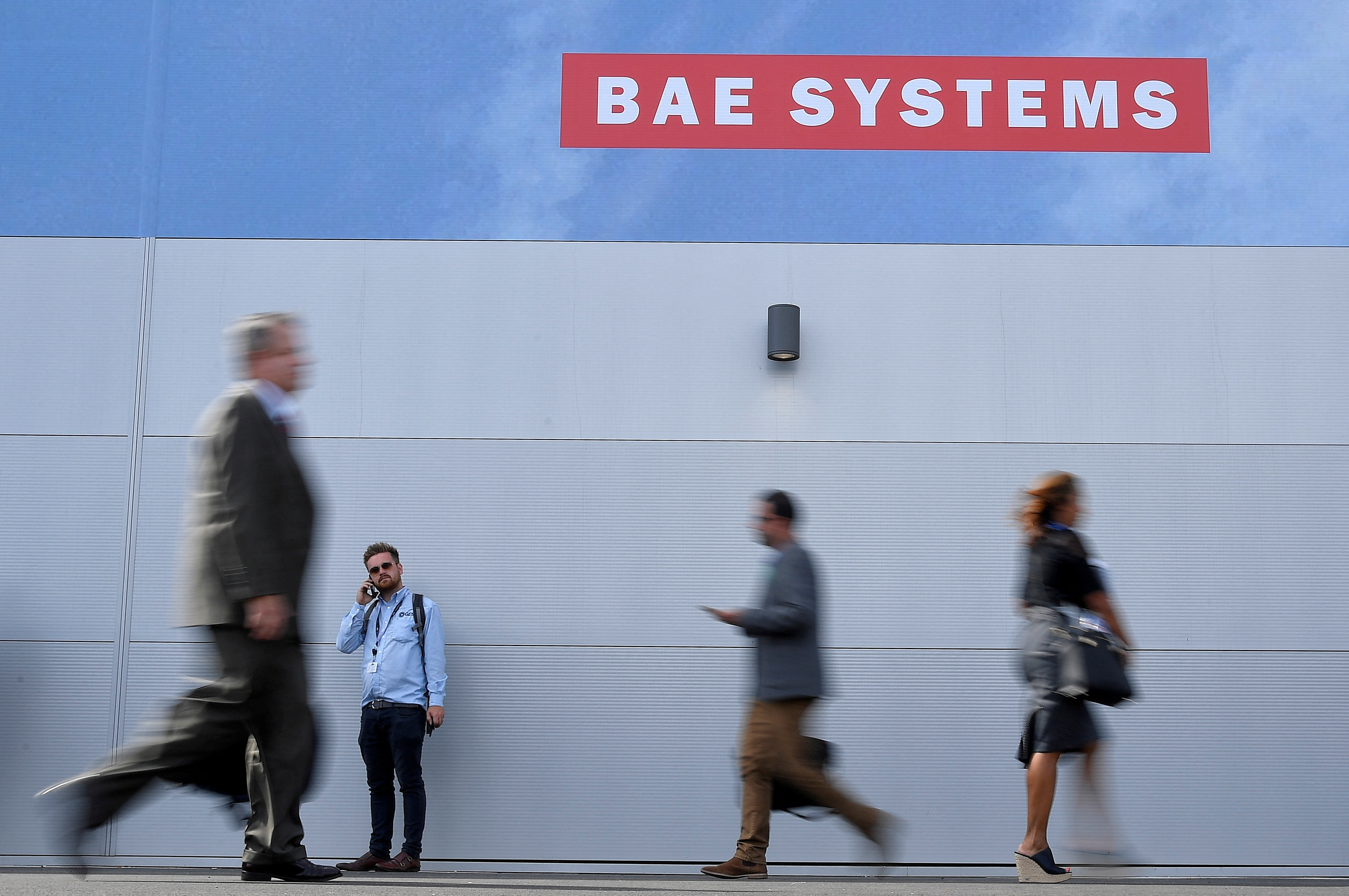

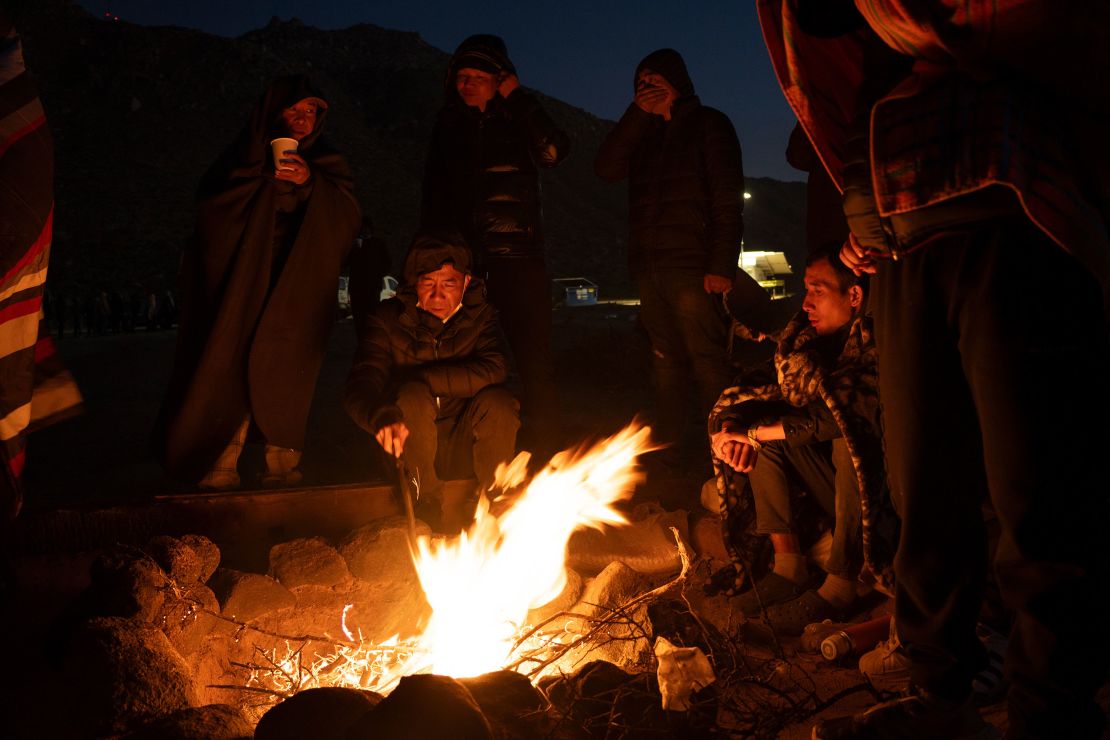
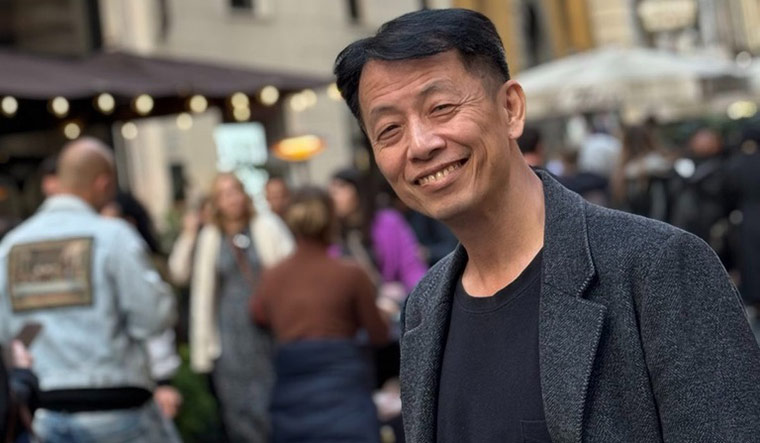
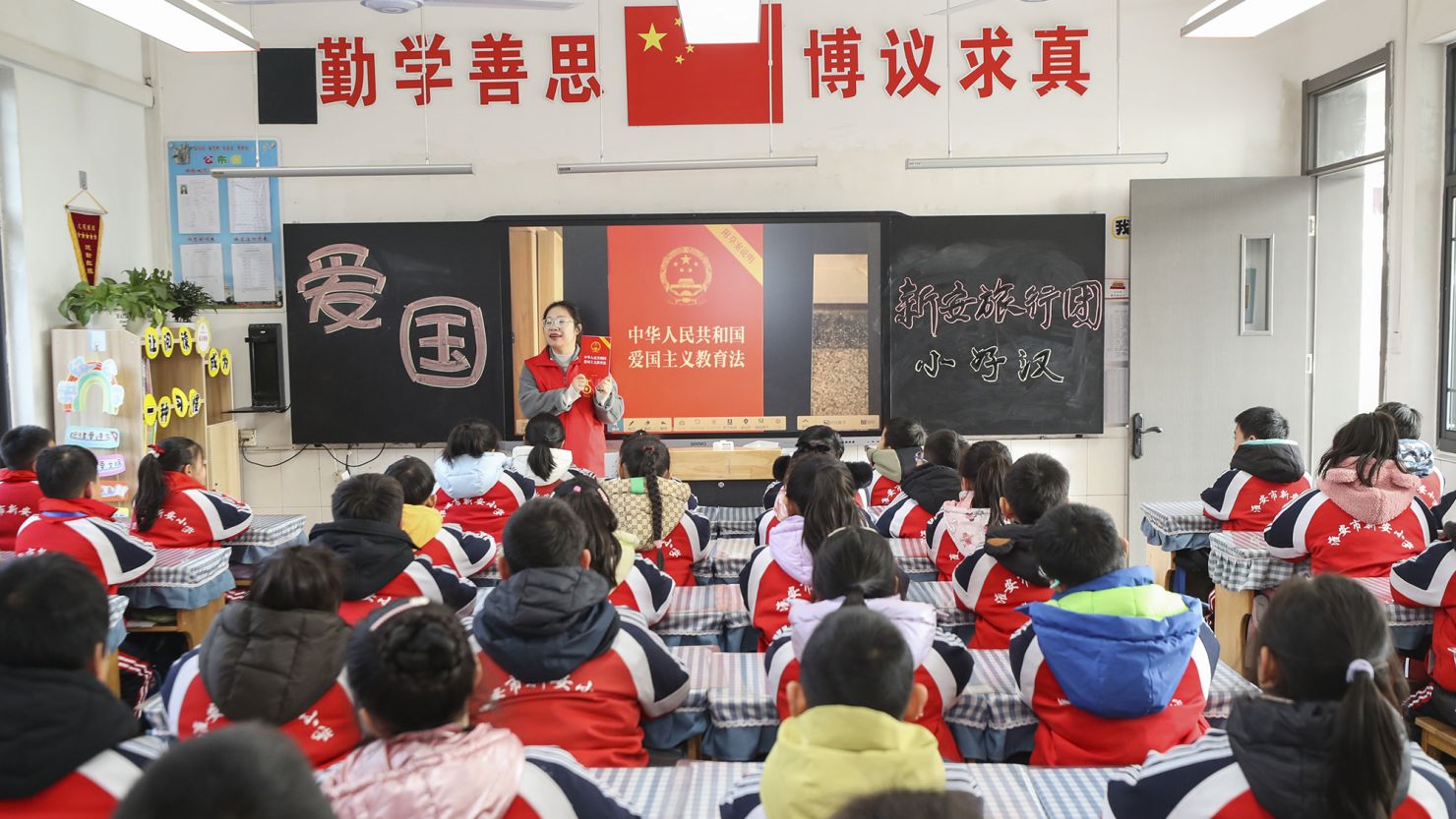
:quality(70)/cloudfront-us-east-1.images.arcpublishing.com/archetype/G4HJN6XEB5D2JHY2R3DTRSR5KU.jpg)






